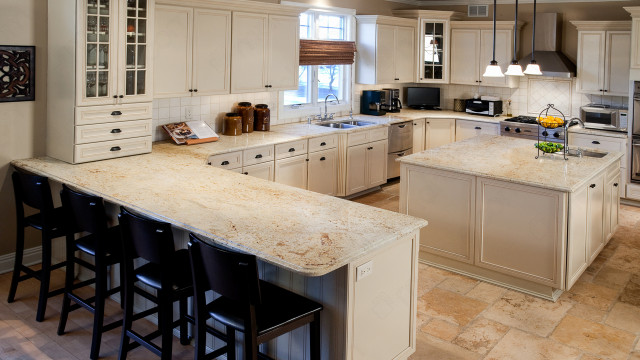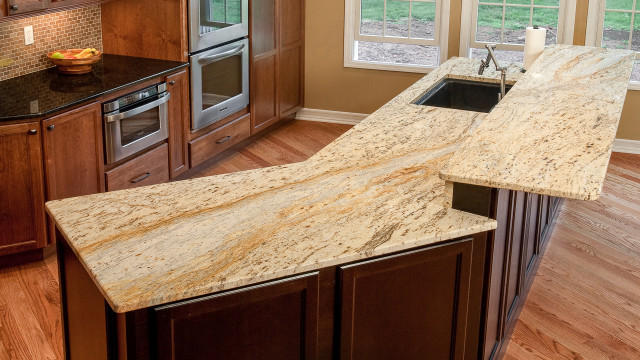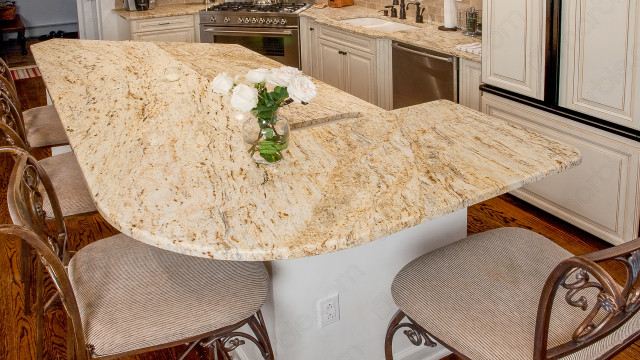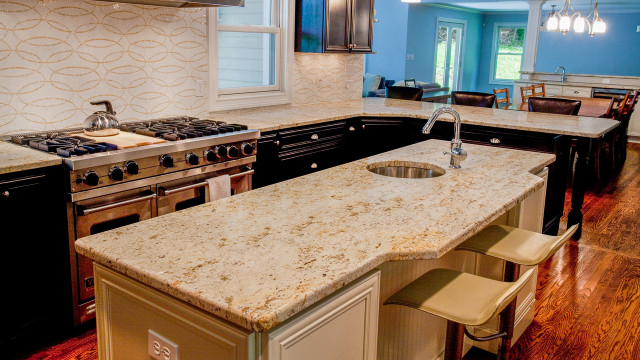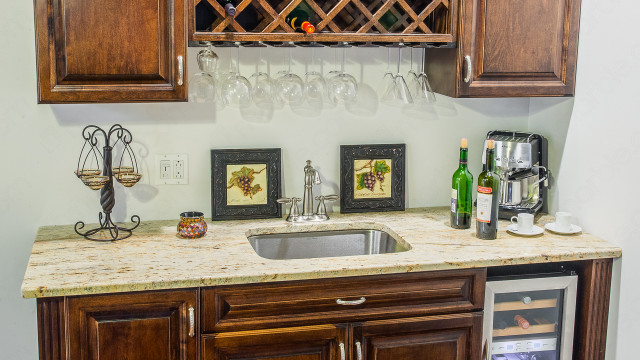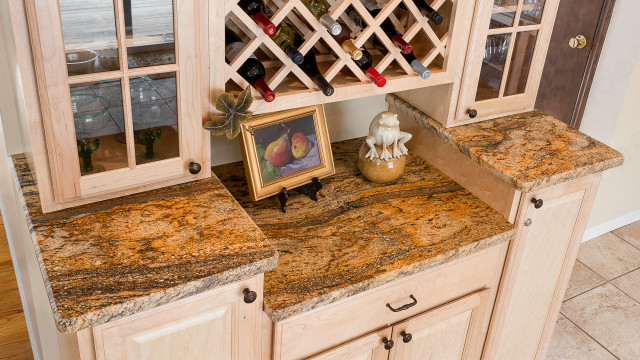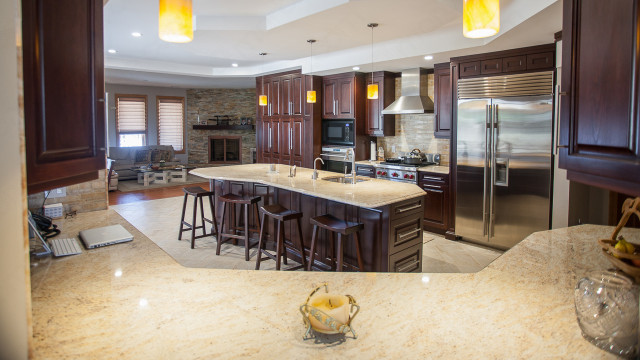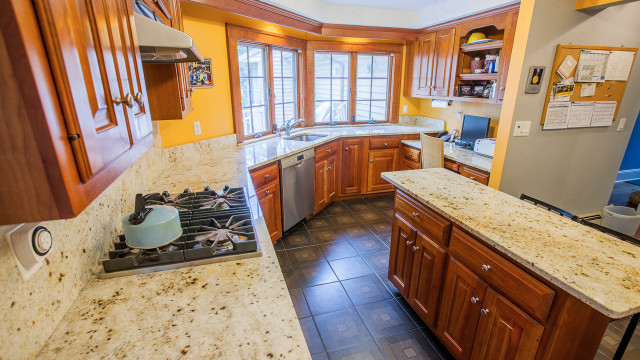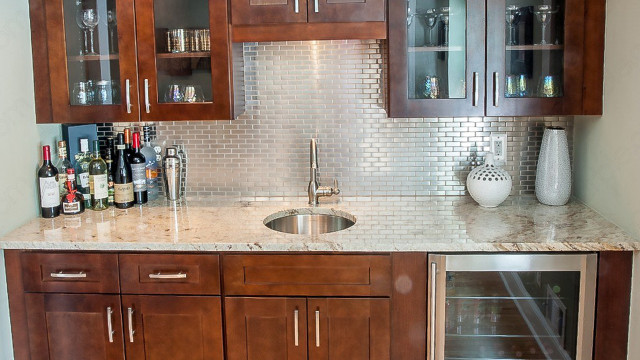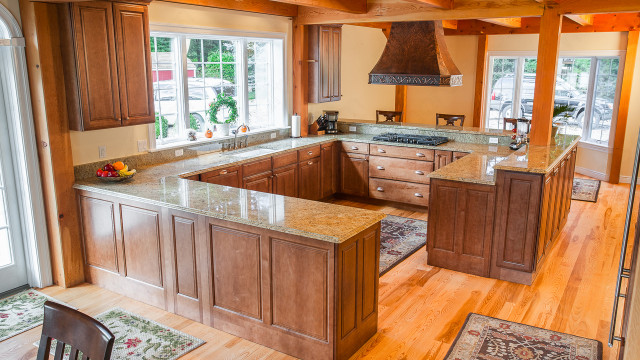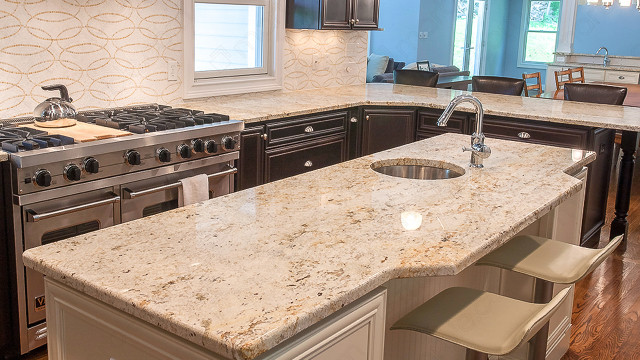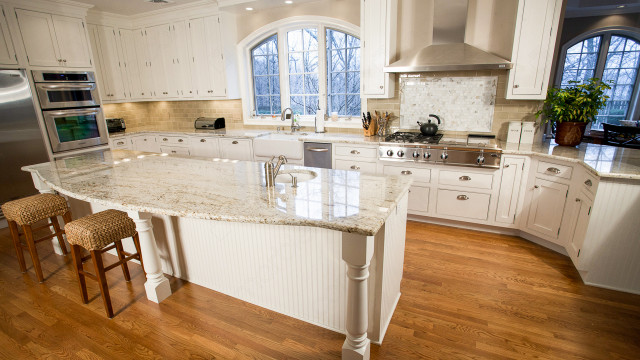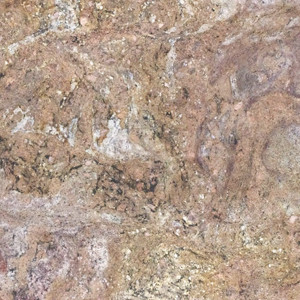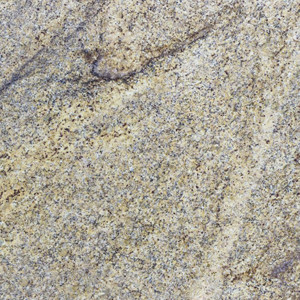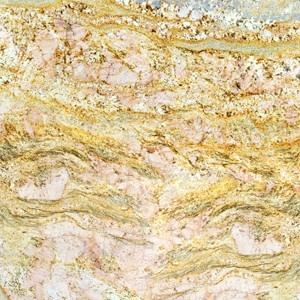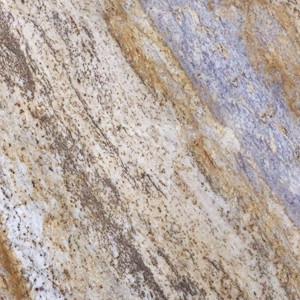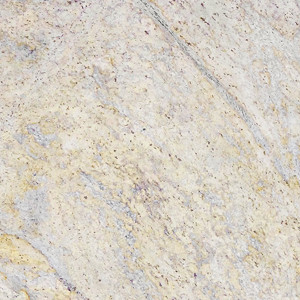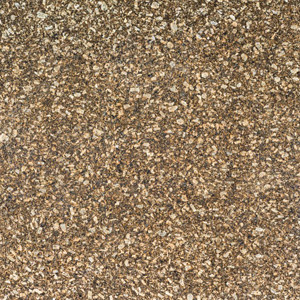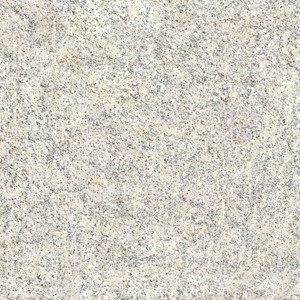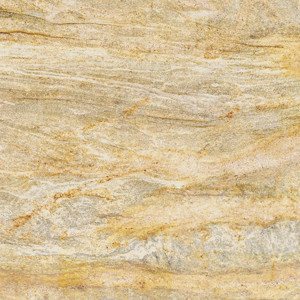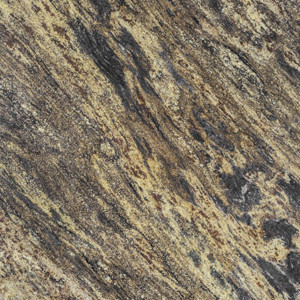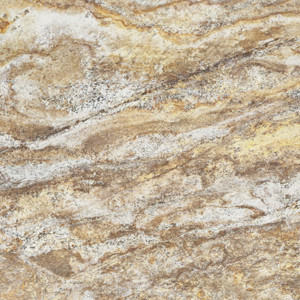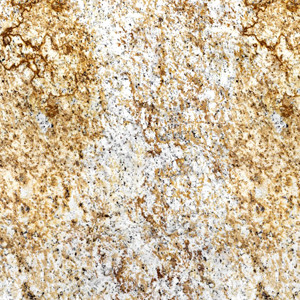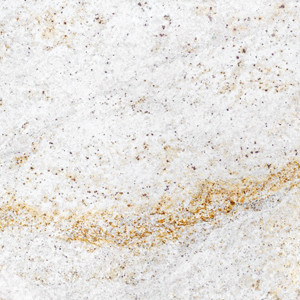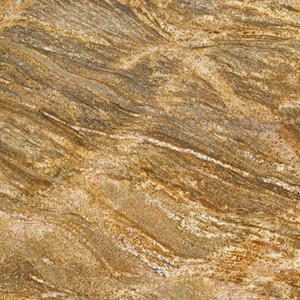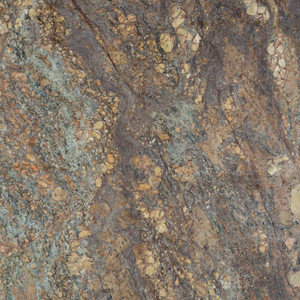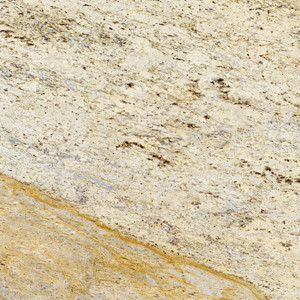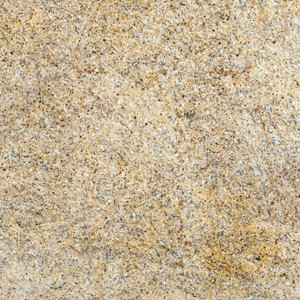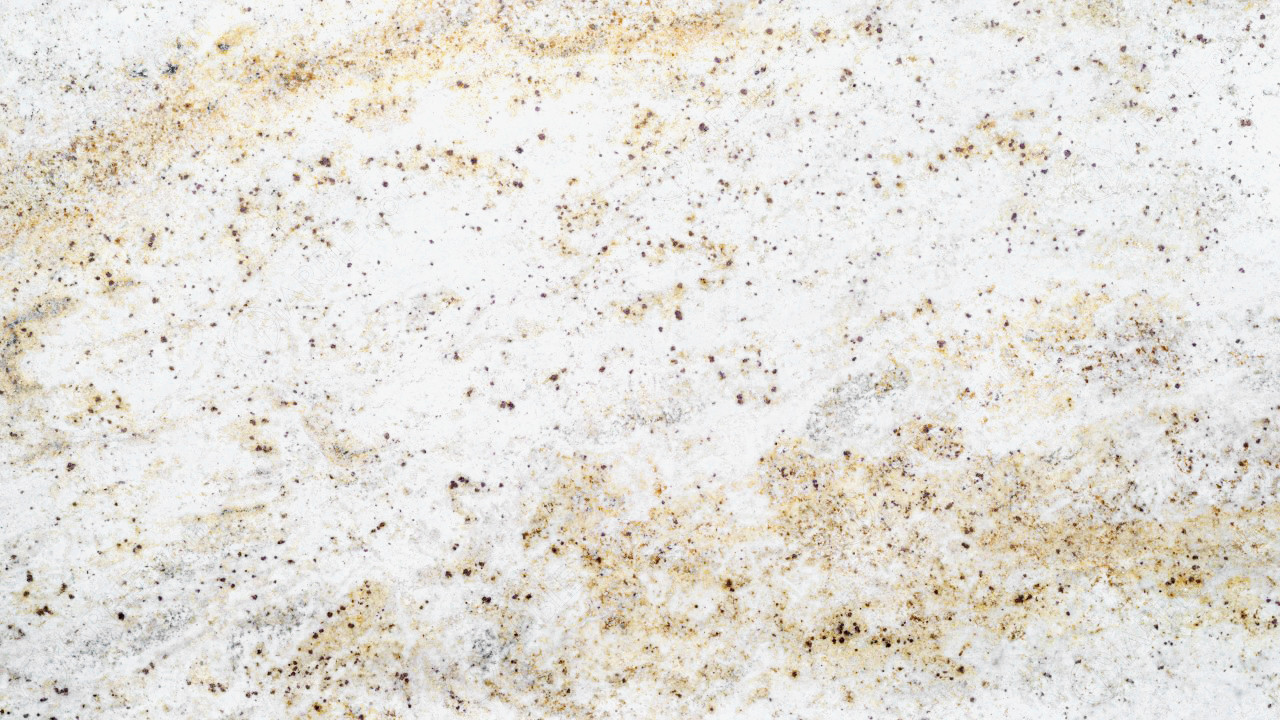
Colonial Gold Granite
Colonial Gold granite is an elegant yet simple looking natural stone with a light beige texture. It is filled with both grey and gold veining that accompany attractive burgundy spots. Colonial Gold granite is truly one of the most beautiful natural stones that you will be able to find on the market.
Between the beauty and durability that this stone offers, among many other benefits, you truly cannot go wrong choosing Colonial Gold granite. It is no surprise that this stone has become such a popular option for home remodeling projects. Colonial Gold granite is sure to be an excellent choice for any homeowner, and one that can leave you satisfied for many years to come. Installing it in your home may very well end up being one of the best decisions that you ever make for your home. Since granite is so desirable, it can also help you increase the value of your home, which can be helpful if you ever decide to sell your home.
Material Type: Granite
Country of origin: India
Colors: Gold, Gold, Grey, Grey, White, White, Blue, Blue, Brown, Brown
- 1. How often should I seal granite?
- We recommend sealing granite countertops at least once each year. Lighter granite colors may require more frequent sealing, as often as every 6 months.
- 2. Can I install granite outdoors?
- Granite can be used for outdoor kitchens, BBQs, and bars, as well as in other applications. We recommend covering outdoor countertops for the winter months.
- 3. Can I cut on a granite countertop?
- You can cut and chop directly on your granite countertops, however it is not recommended as it may result in damage to your knives.
- 4. Is granite heat resistant?
- Granite is a heat resistant material and can withstand extremely hot temperatures, however it is not advised to place hot pots and pans directly onto the stone as it might remove the sealer.
- 5. How do I clean my granite countertops?
- A solution of warm water and dish soap is recommended for daily cleaning of granite countertops. We advise against using any abrasive chemicals as they may remove the surface layer of the sealer and in extreme cases may damage the polish of the stone.
- 1. Do you provide free samples? How many samples can I take?
- At marble.com samples are free, and we encourage our clients to take up to ten samples per visit.
- 2. What materials can I find at your facilities?
- All Marble.com facilities carry slabs of granite, quartz, quartzite, marble, soapstone, slate, limestone, and travertine. Our Ridgefield Park yard has the largest selection, also offering slabs of gemstone, porcelain, and glass.
- 3. Why should I see a slab in person?
- Since every slab of natural stone is completely unique, we recommend visiting one of our facilities to see slab patterns and variations in person.
- 4. Where does your material come from?
- At marble.com we source our stone only from the most reputable quarries from around the globe, including those from Italy, Spain, Brazil, and India.
- 5. Why is some stone more expensive than others?
- Stone slabs that are extremely rare and boast unique colors tend to be more expensive than commonly found stone.
- 6. Do I have to seal natural stone?
- We do recommend sealing natural stone countertops periodically, the frequency of sealing the stone depends on the material.
- 7. What is a honed finish?
- A honed stone finish refers to the smooth, matte surface of the material, which creates a visibly lighter and softer tone. While honed finish might be an ideal design choice for some homeowners, it also makes the stone more susceptible to staining and etching.
- 8. Can a chip on my countertop be repaired?
- Most chips, smaller than a dime in diameter, can be repaired by the homeowner using a chip repair kit. We do recommend professional service care for larger chips.
- 9. Can I install my own countertops?
- We recommend professional installation, completed by our trained technicians for all major projects, however some smaller pieces may be installed by the customers.
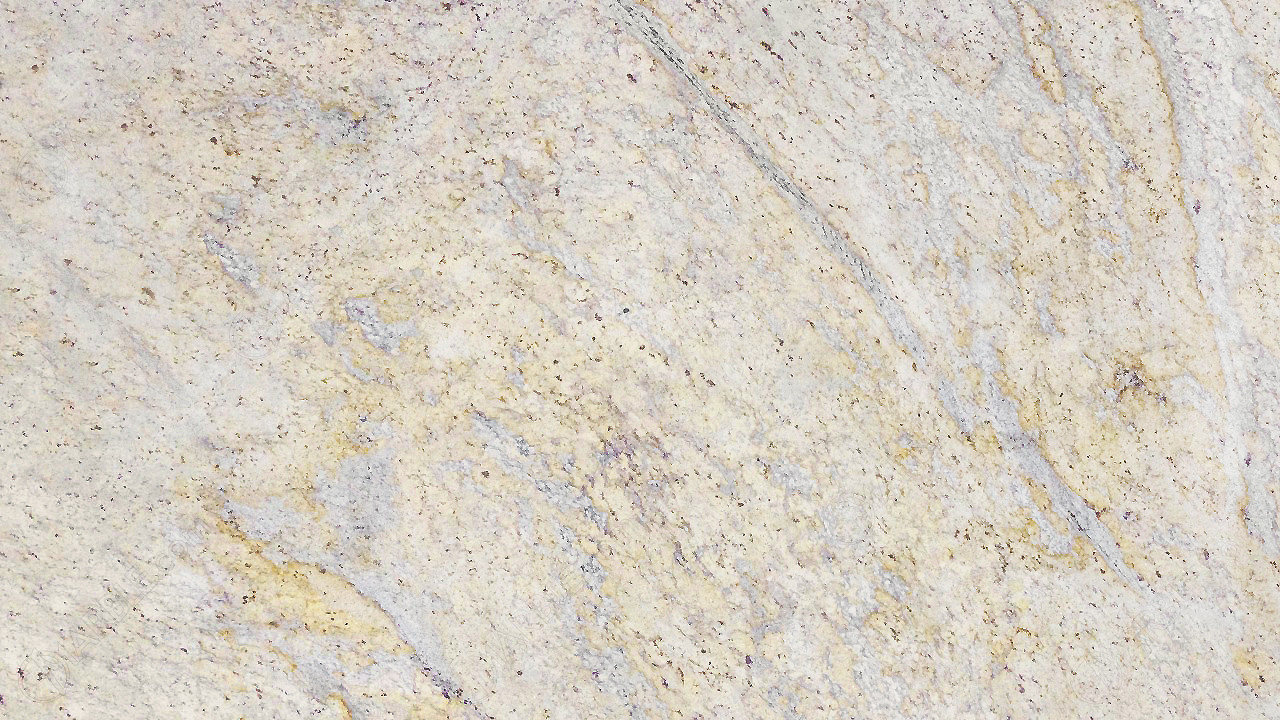
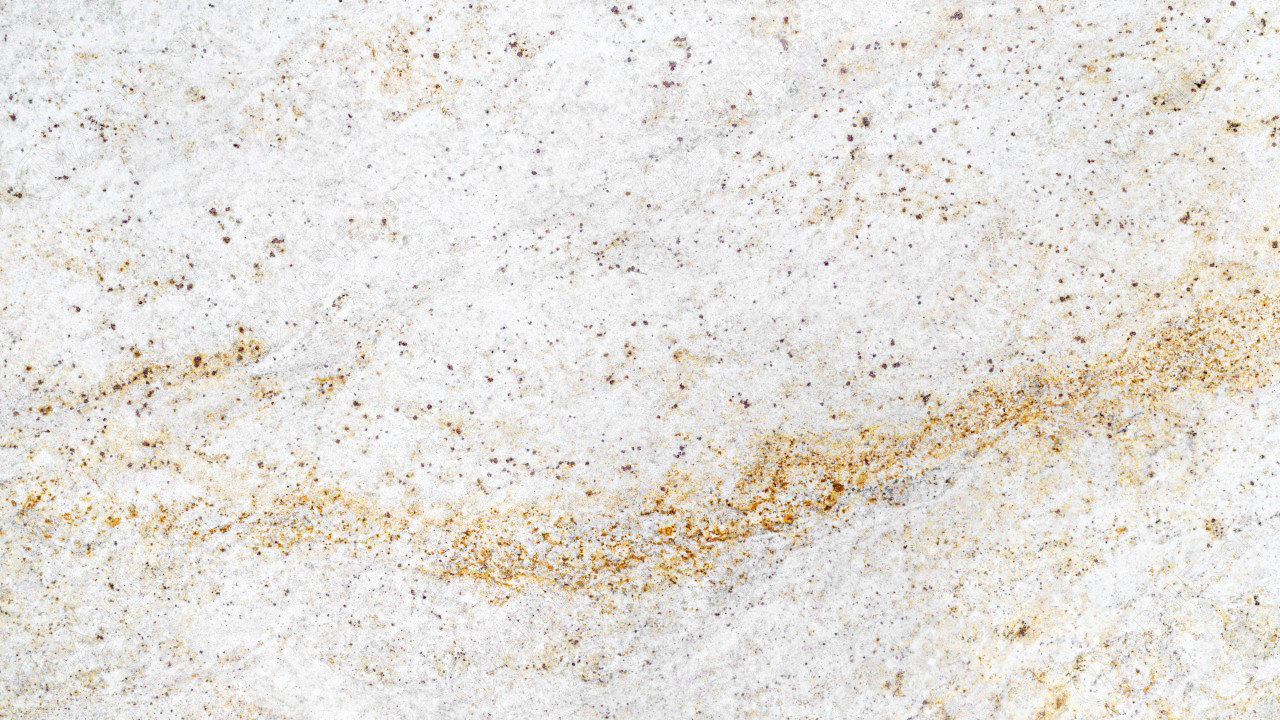
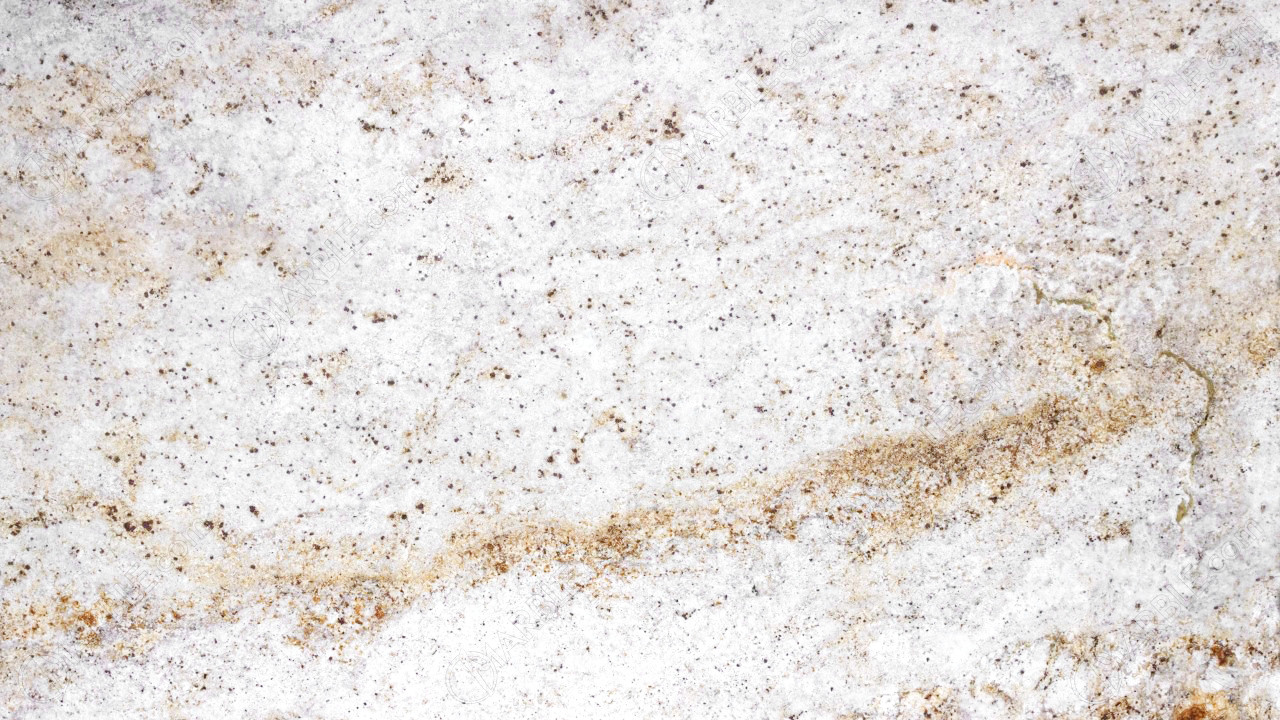







 Facebook
Facebook
 Twitter
Twitter
 E-mail
E-mail
 LinkedIn
LinkedIn
 Pinterest
Pinterest


